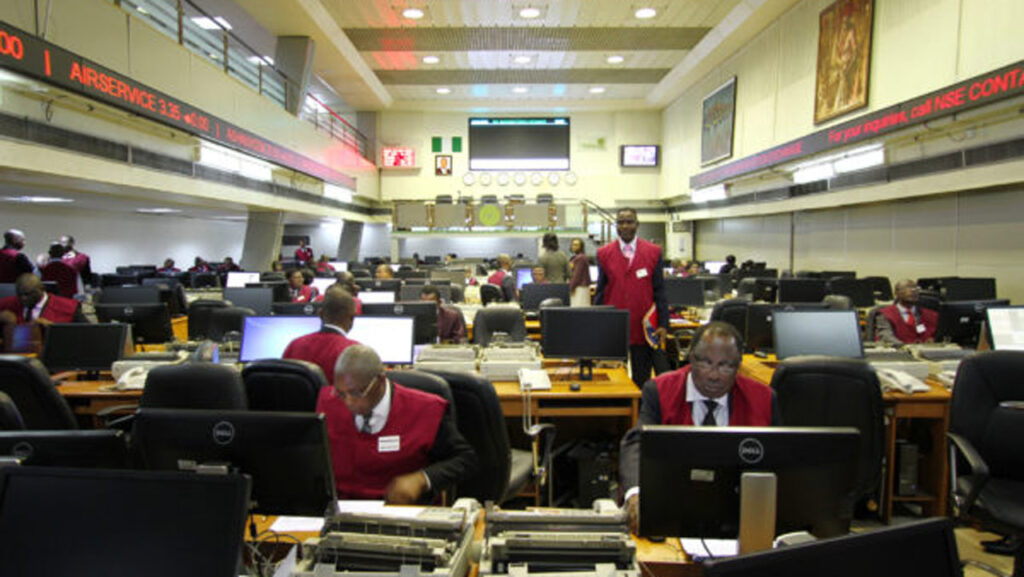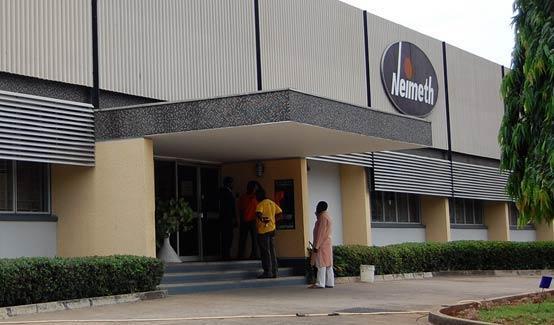 •Stakeholders worried over N5 billion network investment
•Stakeholders worried over N5 billion network investment
• ‘Policy is anti-industrialisation’
Stakeholders in the electricity sector insisted that manufacturers, who have investments in constructing transmission and distribution infrastructure, will be the worst losers if the Nigerian Electricity Regulatory Commission (NERC) enforces its new Eligible Customer Policy.
The stakeholders said selected manufacturers have invested about N5 billion in constructing kilometres of transmission and distribution infrastructure to guarantee energy security but are now being cut off by NERC in a bid to protect electricity distribution companies (DisCos) over liquidity issues in the power sector.
The Eligible Customer Policy introduced in 2017 permits electricity generation companies (GenCos) and independent power producers (IPPs) to bypass the Nigerian Bulk Electricity Trading PIc (NBET)) and DisCos to sell electricity directly to classified consumers.
The then minister of power, Babatunde Fashola, had sanctioned the policy to enable selected customers to take at least two megawatts (MW) of electricity due to the lack of infrastructure by the DisCos and to dispatch the stranded electricity from the generation companies.
While most companies under the scheme were offtaking about two to six megawatts, NERC in a new order pegged the off-take between 10MW and 20MW, a development which may carve a niche for DisCos, as the threshold is far above the reach of small to medium-sized enterprises.
Former Market Operator at the Transmission Company of Nigeria (TCN), Edmund Eje, said one of the main reasons for the policy was to pave the way for industrialisation, making sustainable power supply available for manufacturers. He stressed that the current approach would defeat the purpose.
With the previous policy, he said, manufacturers were expected to get cheaper power by buying from GenCos, stressing that this would reduce the cost of production and make goods cheaper for Nigerians.
“The new EC regulation from NERC is anti-industrialisation, leads to retrenchment, makes non-sense of the investment already made by some companies and renders Commission’s Orders non-reliable as they change orders at will without considering their cost implications on investors.
“Again, recall that before the raising Band-A tariff to N225/kWh, the highest EC tariff was around N50/kWh, now the new order placed industrial customers on Band-A is N225 or N206/kWh as per DisCos supplying industrial customers. This places EC under a very big burden, given that the Generators will equally raise the EC tariff,” Eje said.
According to him, the policy is a giant step in consolidating bilateral transactions as required by the transitional electricity market.
He added that most observers believe that unrealistic over-regulation may have disastrous consequences on the nascent market.
Eje added that the order must and should undergo internal scrutiny to evaluate its pros and cons before its publication, stressing that every order should aim at improving the economy rather than favouring a few privileged individuals or organisations.
A source at the Nigerian Electricity Management Services Agency (NEMSA), who pleaded anonymity, said some manufacturers have invested about N5 billion or more and would be greatly impacted by the new review.
“Considering this, the new regulation should be suspended until further notice. NERC must ensure that Discos invest in dedicated 33kV networks and injection substations for off-takers with demands of 2MW and above.
“A specific timeline should be provided for this upgrade before implementing the EC regulation. The current regulation forces customers to revert to DisCo services without guaranteeing improved supply quality or value.
This is unacceptable and demands revision,” the source said.
He said the prevailing approach of the regulator would only hinder progress and force existing eligible customer users to revert to DisCo services.
A consumer advocate, Emeka Ojoko, said the revenue assurance in the distribution ecosystem comes from the manufacturing sector because their energy utilisation is high therefore the DisCos have 100 per cent revenue assurance from the manufacturers.
According to him, the EC policy created a huge liquidity problem for the DisCos because it allowed their major customers to bypass them and take energy directly from the GenCos.













